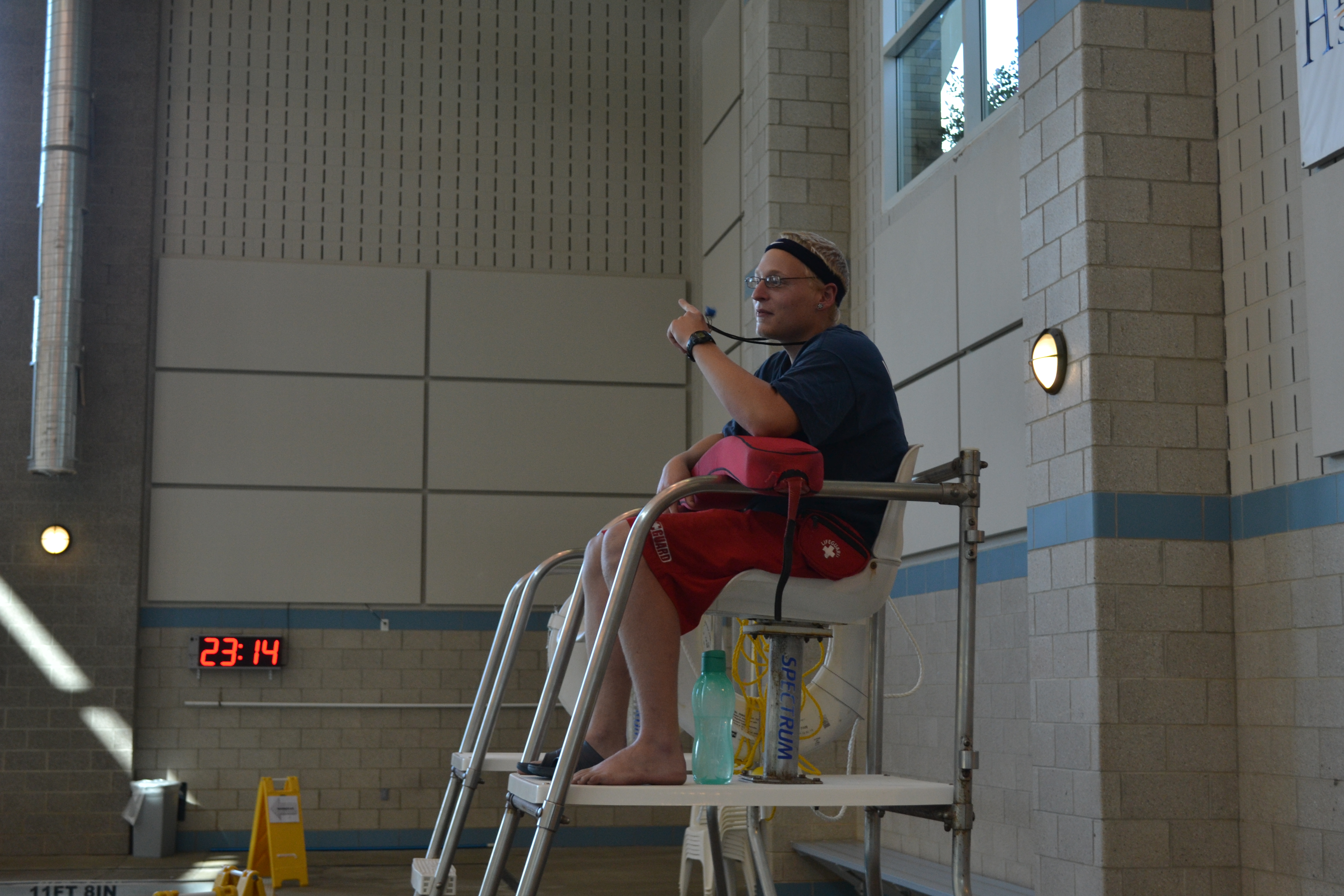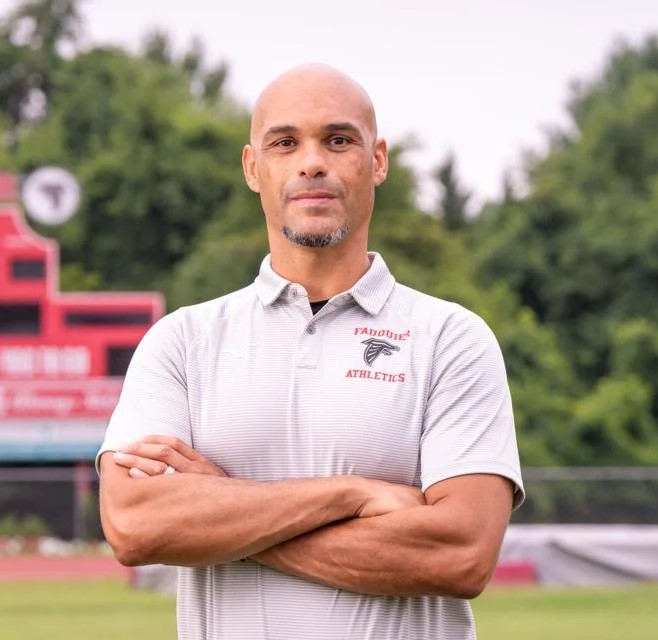High school students save lives
September 19, 2013
 Many high schoolers are familiar with the responsibilities of having a job, but few have to deal with the pressure and responsibility of making sure that others’ lives are not at risk.
Many high schoolers are familiar with the responsibilities of having a job, but few have to deal with the pressure and responsibility of making sure that others’ lives are not at risk.
Senior Henry Weber has been a lifeguard at the Fauquier Springs Club for four years, and says that the responsibility is what he enjoys most about the job.
“Ninety-five percent of the job is sitting in a chair and cleaning bathrooms, but I’m constantly running procedures in my head, counting kids, and checking pool lines so that I can be prepared,” Weber said.
Danette Askew, the Aquatics Coordinator at the Warrenton Aquatic and Recreational Facility (WARF), says that the first thing that people interested in becoming lifeguards need to do is get comfortable in the water.
“Lifeguards need to be able to swim 300 yards continuously,” Askew said.
The training to become a lifeguard lasts a week, followed by a written test and an in-water test at the WARF.
“I didn’t have a problem with the in-water test,” Weber said. “I’m a pretty confident swimmer, so the only difficult part was how some of the written questions were phrased.”
Weber says that although the job can be boring sometimes, all of the training pays off in an emergency.
“There was a younger boy in the pool at about three-and-a-half feet deep,” Weber said. “He told me that he was drowning, but the fact that he was able to tell me he was drowning meant that he wasn’t. Then he started panicking, and started to actually drown. I blew the emergency whistle three times, went to the edge of the pool, grabbed his hand, and jerked him out of the pool.”
Weber said that making the save was a little scary, but he remembered exactly what he was supposed to do.
“Making a save is pure adrenaline,” Weber said.
Senior Dustin Constantino is a lifeguard at Chestnut Forks Swim Club and made his first save at the beginning of the summer.
“There was a kid about five years old who jumped off the diving board when he didn’t know how to swim,” Constantino said. “I was sitting in the chair when he yelled for help. I jumped in, pulled him up from under the water, and got him out of the pool.”
Askew says that alertness, physical fitness, and an outgoing personality are important qualifications.
“The more outgoing a person is, the better they tend to do,” Askew said. “A lifeguard has to be comfortable talking to people and enforcing the rules in certain situations.”
Askew says that the main skill lifeguards learn for the future is responsibility, and when she is looking for potential employees, she needs to see dependability.
“Lifeguards have to be dependable,” Askew said. “It can sometimes be hard to find that in high schoolers.”
Sophomore Tyler Pavlock has been a lifeguard at the WARF for four months and says that supervising the pool can be the most challenging aspect of the job.
“There is a lot of responsibility,” Pavlock said. “I always have to remember what I should do in certain situations, and constantly watch the pool to make sure that no one’s life is at risk.”






